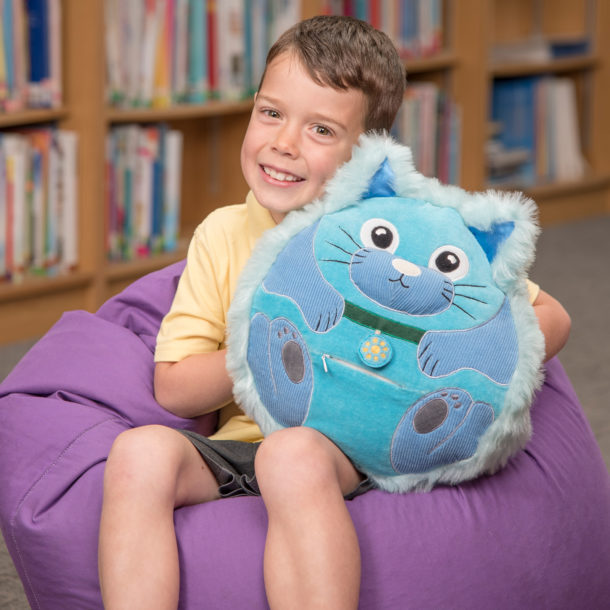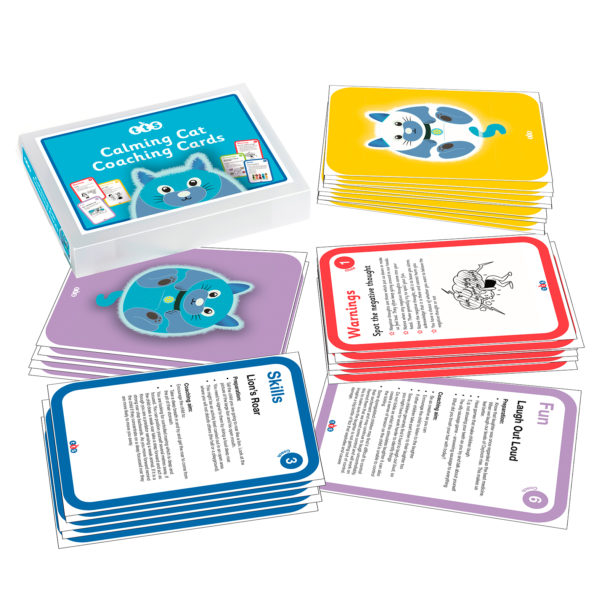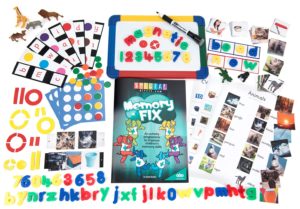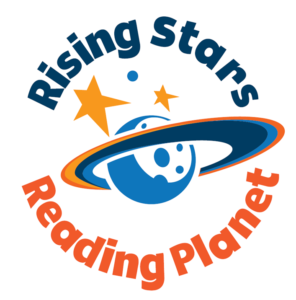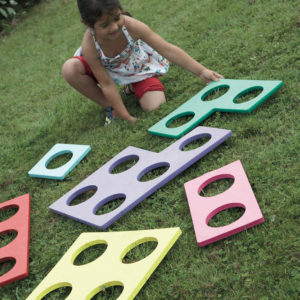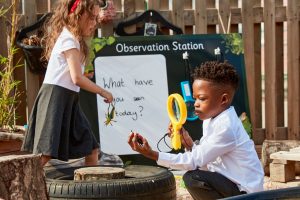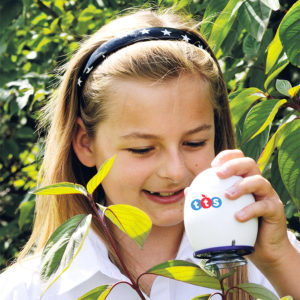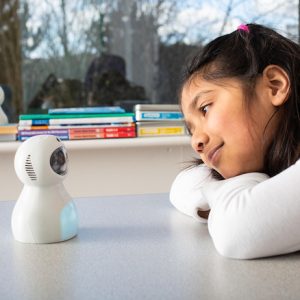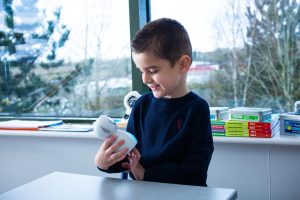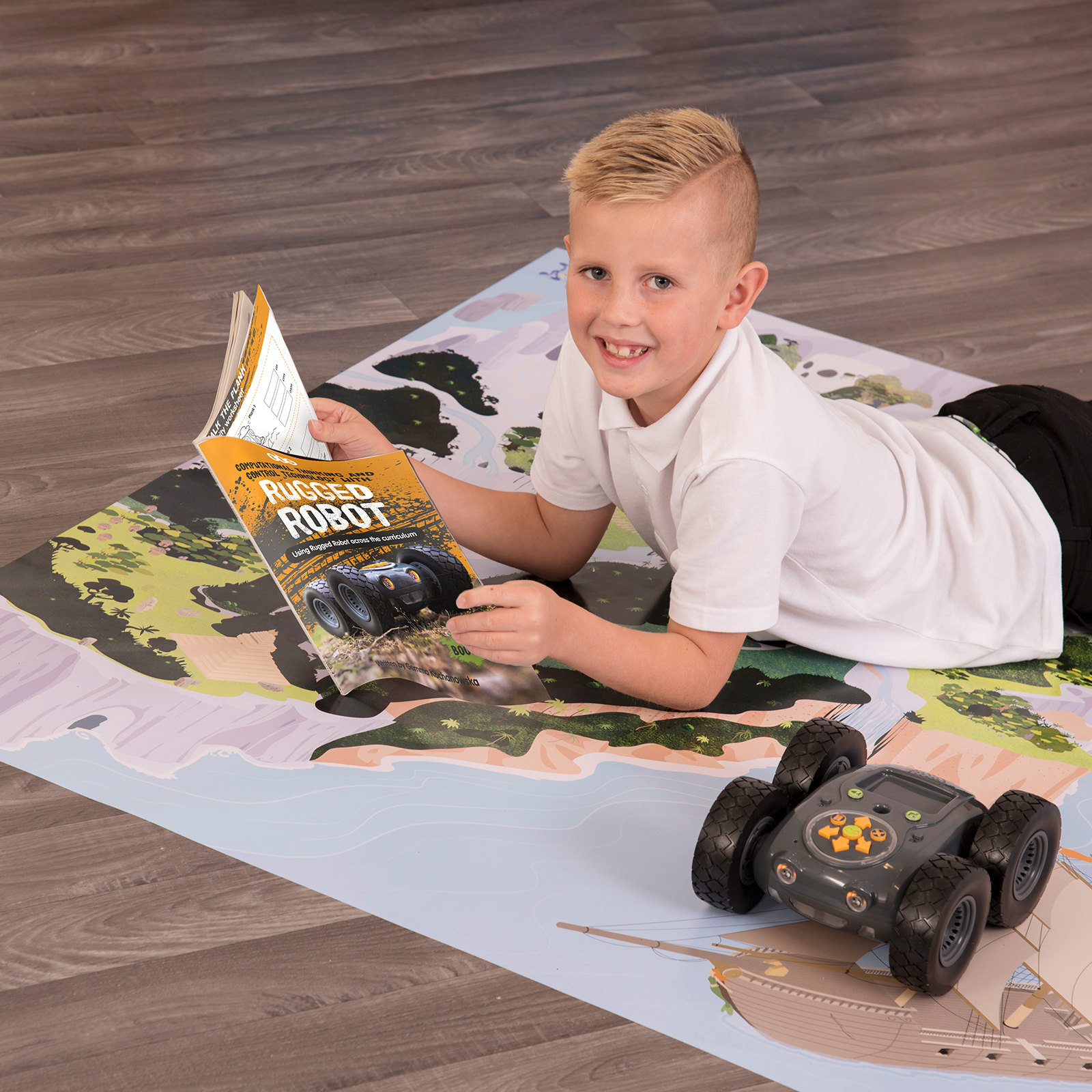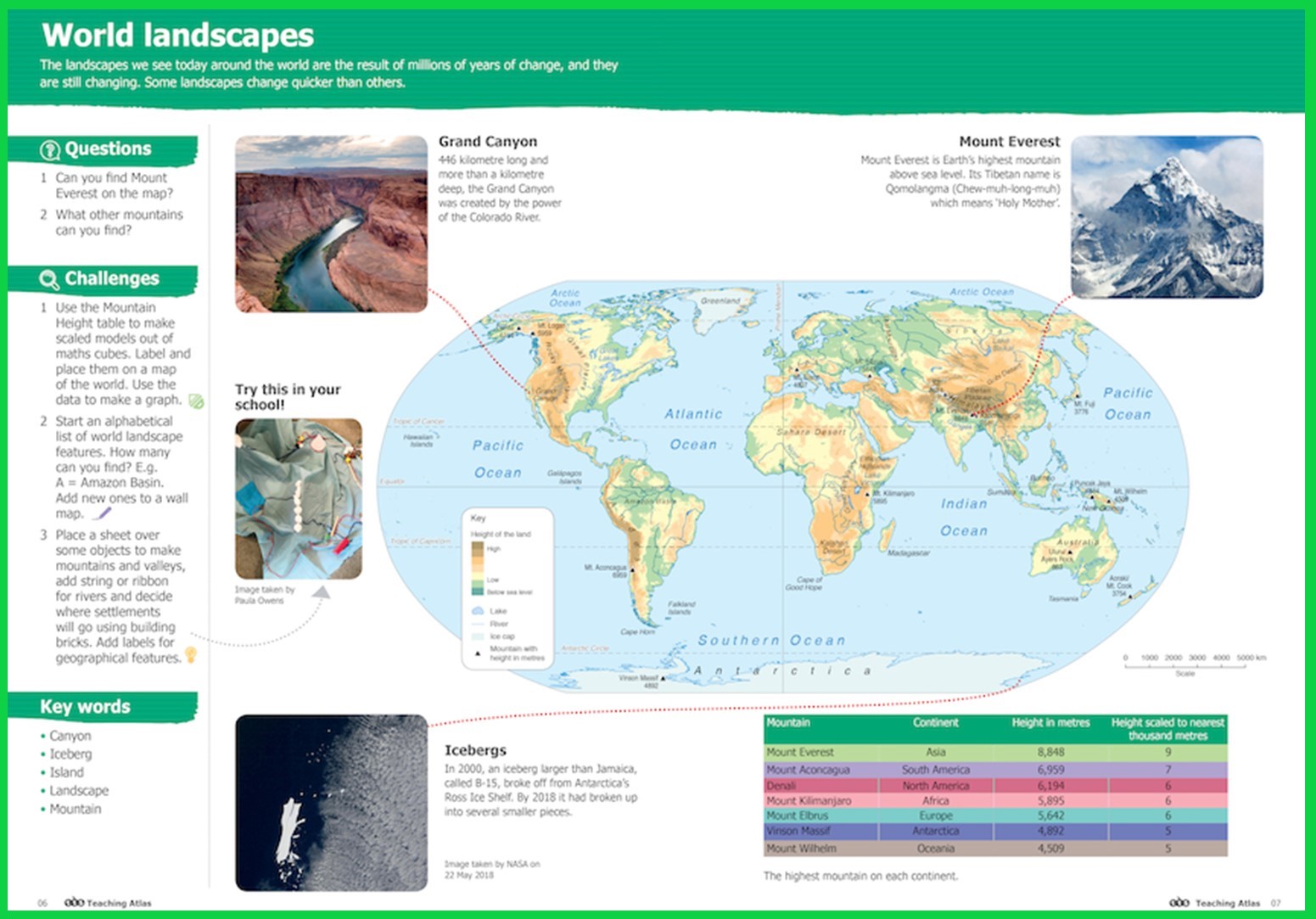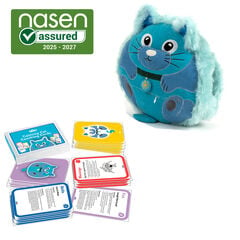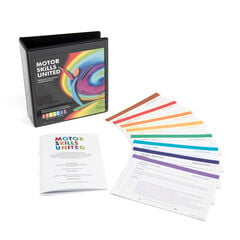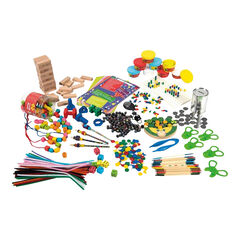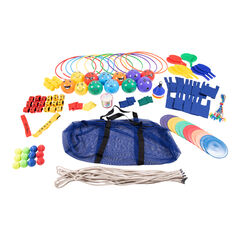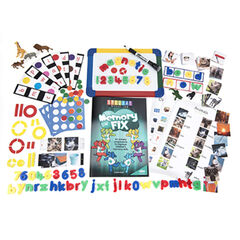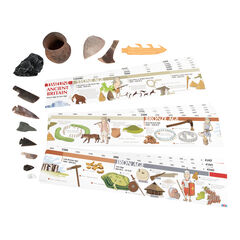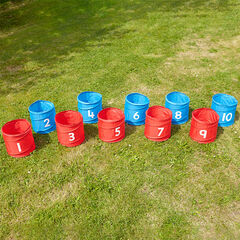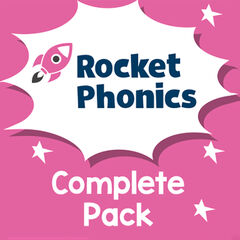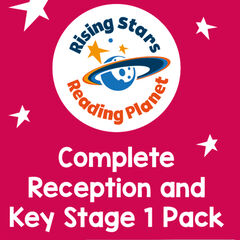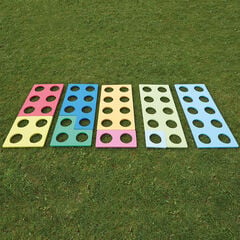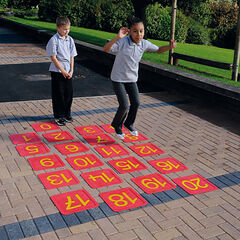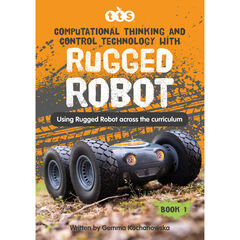What happens in the classroom makes the biggest difference.
The Attainment Gap, Education Endowment Foundation, 2017
As well as planning for a progressive and sequenced curriculum, we also have to consider how we deliver that curriculum in the most effective way to support learning.
We know from research there are many different factors that can contribute to children being ready, able and successful in their learning. In this blog, we have pulled out 8 evidence informed suggestions/approaches (definitely not exhaustive) that can support pupils to make the best possible progress.
1. Are children ready to learn?
As we know from research, children need to have their physiological and emotional needs met before meaningful learning can happen. Otherwise, it may appear they are listening and learning, but the chance of this being remembered and retained is minimal.
Creating a safe and supportive environment with secure adult, pupil and peer relationships can make all learning time more productive.
Strategies for this will vary depending on the child, but might include check-ins, meet and greets, sensory diets, specific interventions or supportive resources. Consider – what will support each of your pupils so they are ready for learning?
Calming Cat is the perfect resources to facilitate conversations with children about their feelings, thoughts and behaviours as well as offering coping strategies.
2. Create a growth mindset culture
According to the Education Endowment Foundation (EEF), interventions that focus on developing growth mindset can have a significant impact on academic achievement. Research shows that when children believe their abilities can be developed, they are more likely to take on challenges and persist in the face of any setbacks.
Also, knowing how to learn is not always a natural skill and so we need to explicitly teach skills such as listening and attention, cooperative learning, resilience, problem solving, etc. This helps children to actively engage in learning so they are more likely to remember, retain and apply their learning.
3. Memory skills are fundamental
We of course need our pupils to remember the things that we teach and retain them in their long term memory – creating ‘sticky knowledge’. As research shows, for this to be the case, we need to keep revisiting, creating links and building on prior knowledge.
Using strategies such as repetition, mnemonics, quizzes and engaging resources can all help children to learn and also remember. For some, they may need additional support with their working and/or long term memory so you may need to plan for specific interventions.
Learning is defined as an alteration in long-term memory. If nothing has altered in long-term memory, nothing has been learned.
Sweller, J., Ayres, P., & Kalyuga, S. (2011)*
4. Planning tailored support and early intervention
Understanding the individual needs of children and supporting them as early as possible is crucial. Whether that is the need for a planned intervention, a visual timetable, using now and next, having a sensory diet or using adaptive or assistive technology, there are many ways we can help to remove any barriers to learning.
Spending the time getting to know the individuals can help with planning for personalised learning and ensure that learning time is more purposeful.
Places such as the Education Endowment Foundation (EEF) and Sutton Trust offer a wealth of research around different strategies. Also, develop your own research culture in school to identify the most effective approaches for your pupils and context.
5. Reading lays the foundations
Through reading in particular, pupils have a chance to develop culturally, emotionally, intellectually, socially and spiritually. Literature, especially, plays a key role in such development. Reading also enables pupils both to acquire knowledge and to build on what they already know.
National Curriculum, 2014
We know that reading helps to lay the foundations for future learning. Think through the day and all of the times, we ask children to read across the curriculum. Prioritising reading from a young age through a clear, progressive approach with engaging texts and lots of opportunities to practise can help to unlock access to so many other curriculum areas.
6. Outdoor Learning
Taking your lesson outdoors not only supports health and wellbeing but also extends your learning environment and engages children with active, multi-sensory learning. Children can explore and discover first-hand the things that they learn about. After all, what better place to learn about topics such as minibeasts than outside!
7. Involve Parents and Carers
For some parents or carers, their last experience of school may have been some time ago. It takes time to build up positive relationships but these are so important to empower families so that they understand the best way to support their children. Parents’ aspirations for their children help to shape the learning journey children take.
Just like with children, all parents will be different and it can take time to find what works. Approach it in small steps. You could invite family in to learn with the children, let children be the teachers and teach their family or put on a community event simply to get families in through the front door and let them have a positive school experience.
Using technology resources such as Kitt, could also be used to help offer a bridge between school and home, such as for reading at home, sharing learning from the day or as a 21st century Star Bear to take home!
8. Most importantly … Staff
All of these other aspects are not possible without the time, dedication and expertise of the staff in school. Whether it is through training, visiting other settings or investing in resources to support lessons, supporting staff not only benefits their wellbeing but also impacts on the learning of the children they work with every day!
Rugged Robot Activities Books and TTS Teaching Atlas
*(Sweller, J., Ayres, P., & Kalyuga, S. (2011). Cognitive load theory (Vol.1) Springer Science and Business Media)


